The election of Pope Leo XIV, formerly Cardinal Robert Francis Prevost, marks a historic moment for the Catholic Church, particularly in North America and the US. As the first North American to ascend to the papacy, his election has drawn notable attention and reflection from Catholic institutions across the continent. Wyoming Star has received an official statement from Wyoming Catholic College expressing both joy and anticipation for the new pontificate.
We rejoice with all the world’s Catholics at the election of Pope Leo XIV. And we ask God to grant him good health, fortitude, and sanctity as he shoulders the immense responsibility of protecting the deposit of the Faith and preserving the unity of the Church.
We are further excited, as fellow citizens of Pope Leo, to welcome the first North American pope. As a known critic of the current administration on certain points, it is likely that he will clash with the president and his policies on occasion; I pray that he may navigate that important relationship with clarity and grace. It was rumored that the Cardinals were looking for a clearer, more efficient style of administration to help combat the now-infamous Vatican bureaucracy. Americans certainly count those skills among our national gifts, and I pray for his success in undertaking that challenging (but essential) task.
In choosing the name of Leo, His Holiness is signifying his connection to Leo XIII, a man who brought an exceptional clarity of teaching to his long reign. I hope for the same from our new pontiff. Further, Leo XIII is seen as the father of the modern Church’s understanding of social doctrine, writing what we now recognize as the first social encyclical, Rerum Novarum, in which he addressed the economic problems raised by Marxism on the one hand and unbridled industrialism on the other. I expect our new Pontiff to have a special interest in the social doctrine of the Church as well.
I was further struck by his stated reasoning behind the name, particularly his concern over “developments in the field of artificial intelligence that pose new challenges for the defense of human dignity, justice, and labor.” As the president of a college, this concern is one that is very dear to my heart, since teachers and students are daily grappling with the destructive effect of AI on institutions of higher learning. And as President of Wyoming Catholic College and its forward-looking technology policy, I welcome Pope Leo’s recognition that the technopoly in which we live is a truly challenging one for our young people, particularly when it comes to forging genuine human connections, protecting human dignity, and contributing to human flourishing and individual sanctity.
In the days leading up to the conclave, many spoke of then-Cardinal Prevost as a man particularly well-suited to carry on the work of Pope Francis. In recent weeks, I have spoken at length about Pope Francis’s educational legacy, which I see as crucially important to our time: his development of the Church’s social doctrine through his critique of the technocratic paradigm; his embrace of a new, holistic educational model, focused on access for all; and his attempts to integrate the faith with the various disciplines of human knowledge (especially literature), immersing students in the goodness of nature and asking them to abstain from the ubiquitous screens that surround them. I see this as a vital part of Francis’s legacy, and I pray that Leo XIV will continue and further that emphasis.
The reception in Wyoming reflects a broader sentiment of hope and engagement among American Catholics as Pope Leo XIV begins his papacy. While much remains to be seen about the direction of his leadership, the early response in places like Wyoming suggests a readiness to support, pray for, and walk with the Church under its new shepherd.
With input from Kyle Washut, Wyoming Catholic College President, and Joseph Susanka, Wyoming Catholic College Vice President of External Affairs.
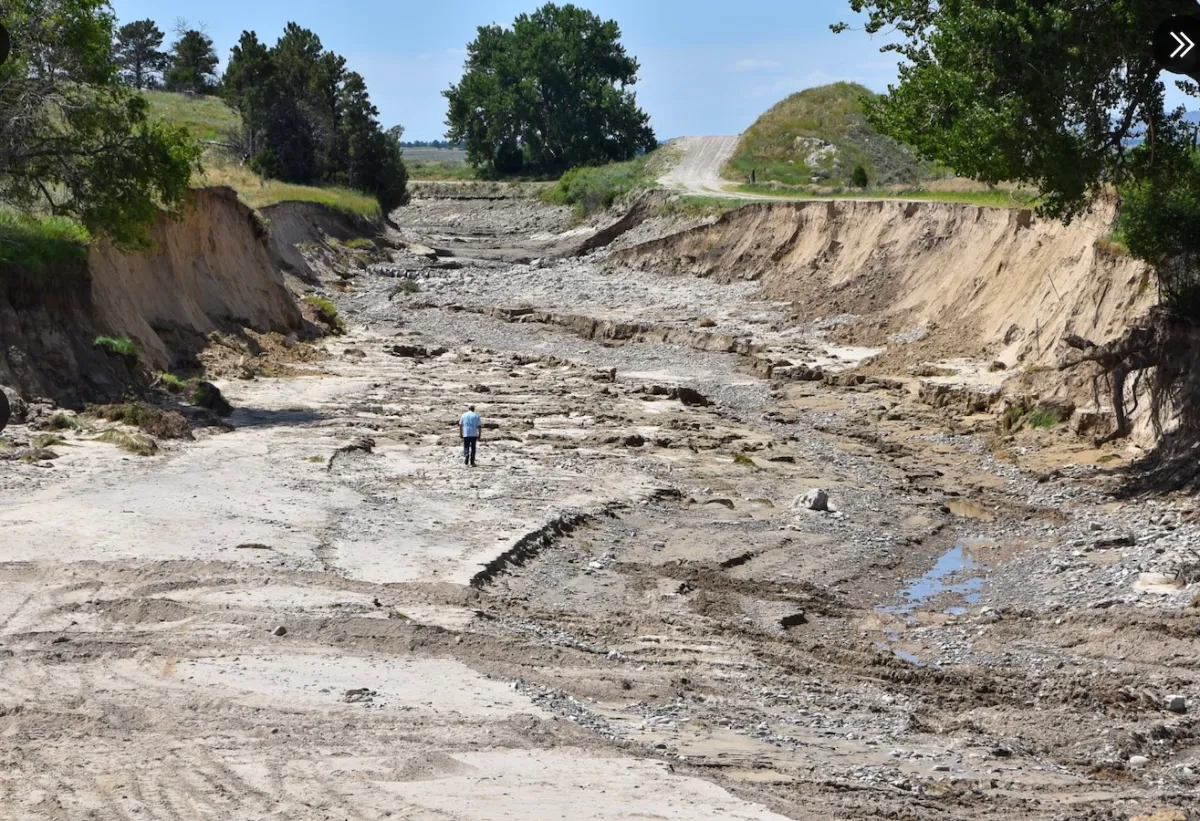
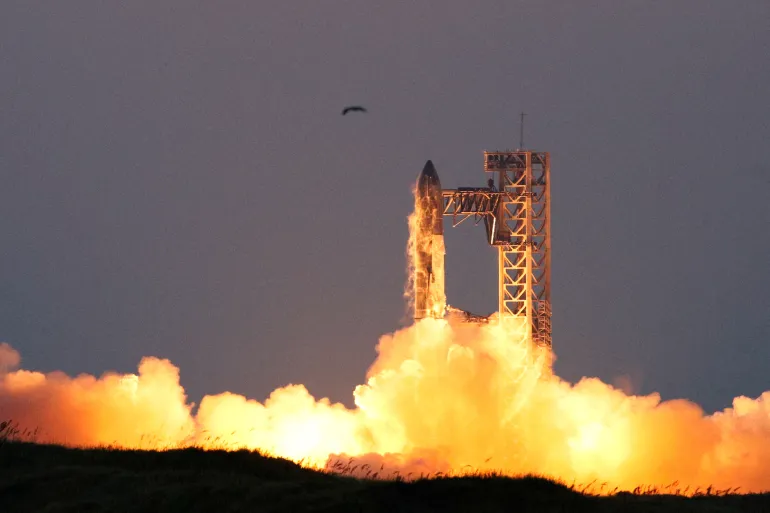
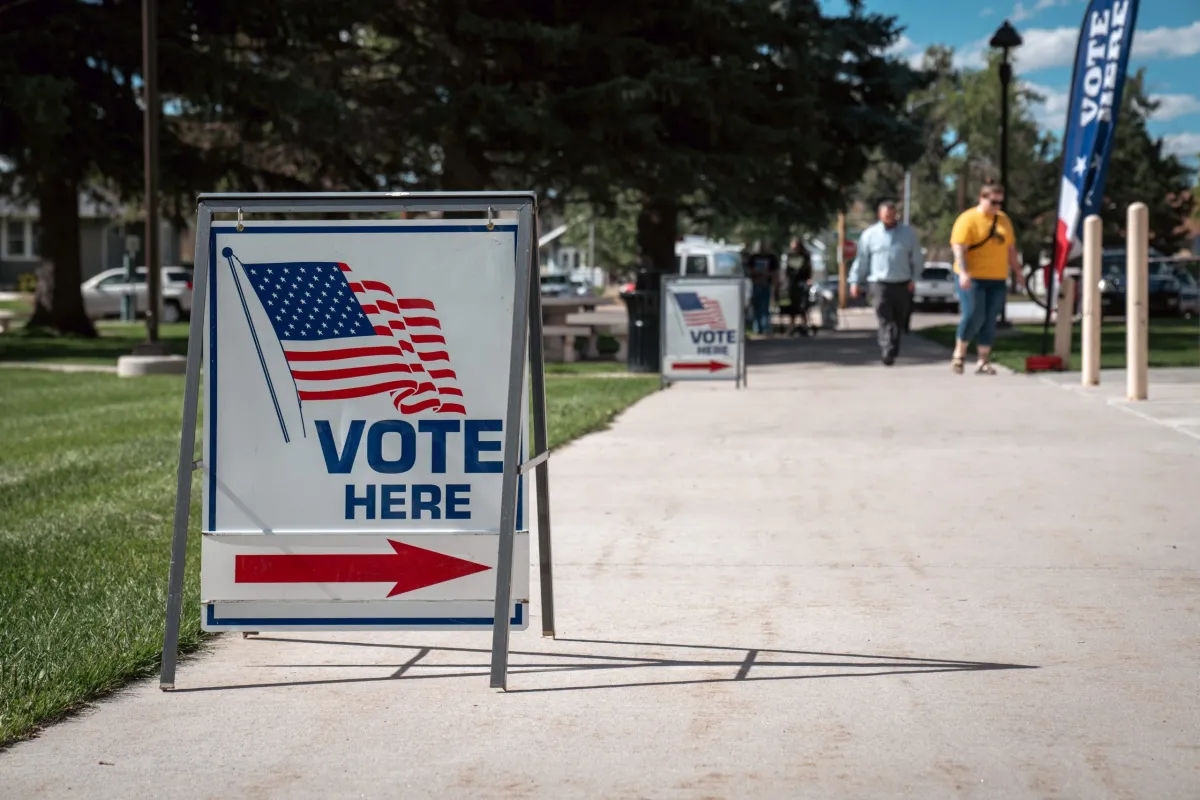
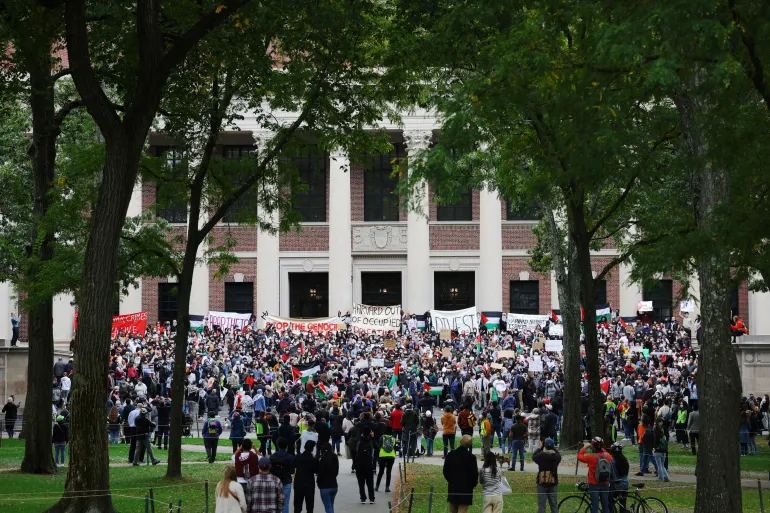
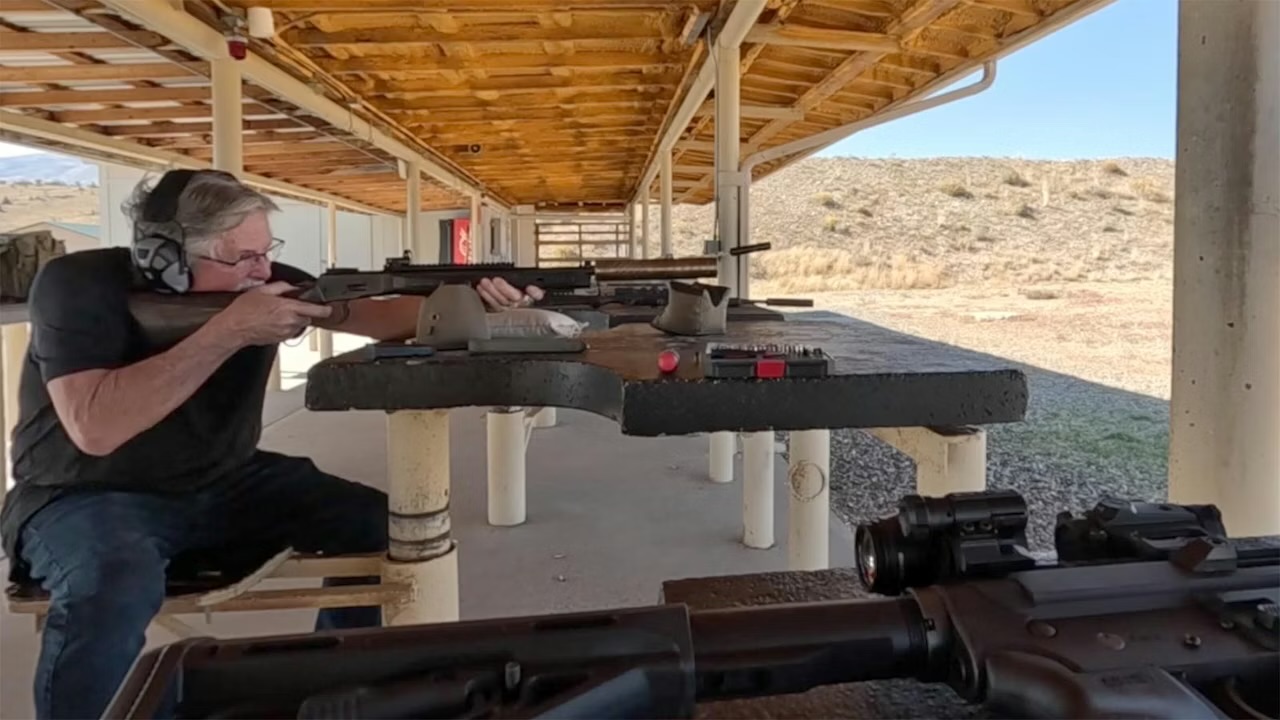
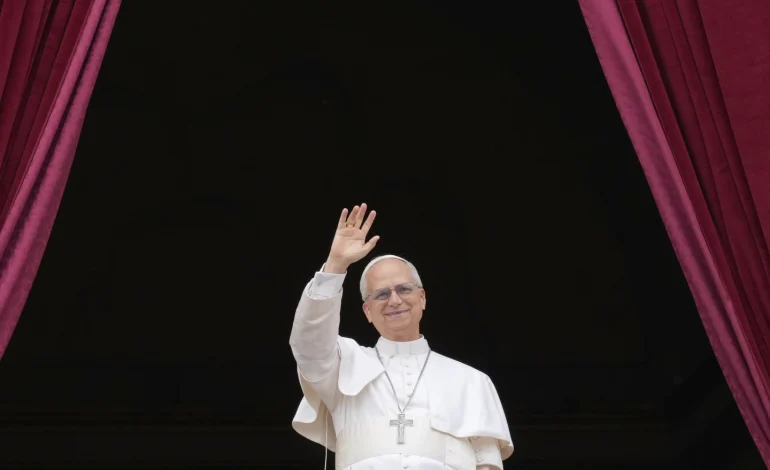




The latest news in your social feeds
Subscribe to our social media platforms to stay tuned